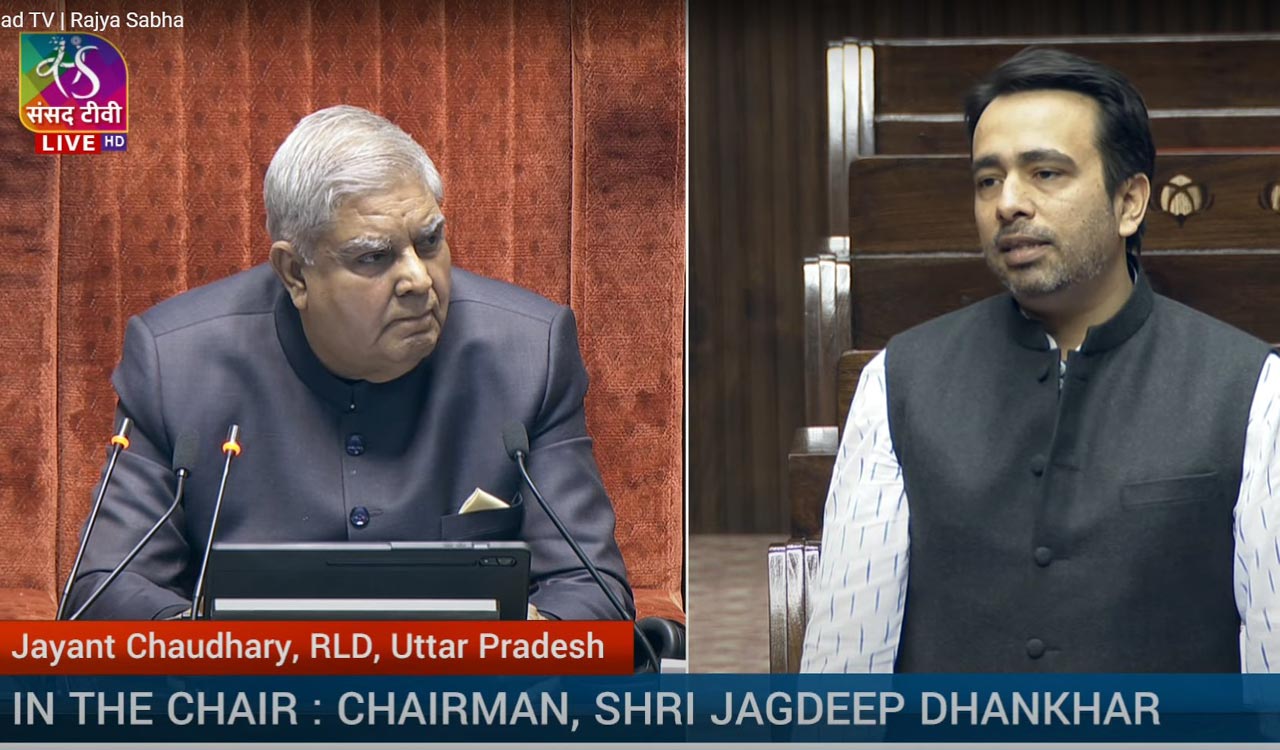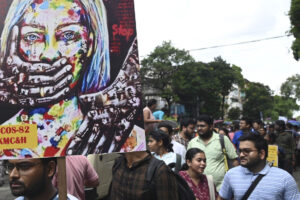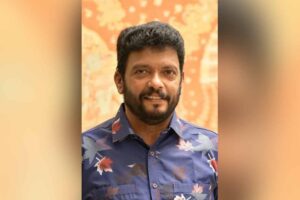RLD chief said that when Prime Minister Narendra Modi addresses the issues of toilets in villages and the government prioritises women empowerment, he recalls Chaudhary Charan Singh’s words.
Updated On – 10 February 2024, 01:22 PM

New Delhi: Rashtriya Lok Dal (RLD) chief Chief Jayant Chaudhary on Saturday hailed the government’s decision to confer Bharat Ratna to former Prime Minister Chaudhary Charan Singh as a significant step towards strengthening the farmers.
Speaking in Rajya Sabha, the RLD chief said that when Prime Minister Narendra Modi addresses the issues of toilets in villages and the government prioritises women empowerment, he recalls Chaudhary Charan Singh’s words.
Chaudhary emphasised that the joy was not confined to Singh’s family but shared by the entire farming community.
“The decision taken to award Chaudhary Charan Singh with Bharat Ratna, it is a big decision…Yesterday, people celebrated Diwali after the announcement…Yesterday, the farmers distributed sweets in Connaught Place. This only shows that the decision was not only limited to his family members but is a decision to strengthen the farmers,” the RLD chief said in Rajya Sabha today.
Prime Minister Narendra Modi announced on Friday that the former Prime Minister of the country, Chaudhary Charan Singh, will be conferred the Bharat Ratna, the country’s highest civilian honour.
“I have observed that the current government’s style of work over the past 10 years also reflects Chaudhary Charan Singh. When the Prime Minister sheds light on the sanitation issues in rural areas…I see Chaudhary Charan Singh’s speech in it,” Chaudhary said.
Chaudhary further added that recognizing Charan Singh with the Bharat Ratna, India’s highest civilian honour, has sparked a renewed interest in his legacy among the nation’s youth and policymakers. This move by the Indian government not only institutionalizes Singh’s contributions but also serves as a morale booster, inspiring individuals to believe in their potential to overcome challenges, much like Singh himself.
“The Prime Minister and the Indian government have done two major tasks by giving Bharat Ratna to Charan Singh. First, we institutionalized Chaudhary Charan Singh’s legacy again. A new curiosity has been aroused in the students studying in all the universities of the country, a new curiosity and feeling has been created in the youth growing up in the village. The policymakers in the country’s mainstream have been told again to study Chaudhary Charan Singh again,” Jayant Chaudhary said.
“The second big task that the Indian government has done by giving Bharat Ratna is to boost morale. Bharat Ratna is not just an award, it is the highest honour. And I know that today’s life problems in front of the country and the challenges of farmers’ problems are not solved by giving Bharat Ratna, but in the coming years, the person born in the hut will say that if Chaudhary Charan Singh like me can get Bharat Ratna then I am also capable of solving my own problems,” the RJD MLA said.
Charan Singh was born in 1902 at Noorpur in Meerut district of Uttar Pradesh, in a middle class peasant family. He graduated in science in 1923 and did his post-graduation at Agra University in 1925. Also trained in law, he set up practice in Ghaziabad. He shifted to Meerut in 1929 and later joined the Congress.
He was first elected to the UP Legislative Assembly in 1937 from Chhaprauli, and represented the constituency in 1946, 1952, 1962 and 1967. He became Parliamentary Secretary in Pandit Govind Ballabh Pant’s Government in 1946 and worked in various departments such as Revenue, Medical and Public Health, Justice, Information etc.
In June 1951, he was appointed Cabinet Minister in the State and given charge of the Departments of Justice and Information. Later, he took over as the Minister for Revenue and Agriculture in the Cabinet of Sampurnanand in 1952. When he resigned in April 1959, he was holding charge of the Department of Revenue and Transport.
In CB Gupta’s Ministry he was Minister for Home and Agriculture (1960). Charan Singh served as Minister for Agriculture and Forests (1962-63) in Sucheta Kripalani’s Ministry. He gave up the Department of Agriculture in 1965 and assumed charge of the Local Self-government department in 1966.
Today is the last session of the ongoing budget session of Parliament. This is the last session of the current Lok Sabha before the general elections, which are likely to be held in April-May this year.
The budget session initially scheduled to conclude on February 9 was extended by a day.




